Cervical dentin hypersensitivity (CDH) and noncarious cervical lesions (NCCLs) are common findings in modern clinical practice. Although research has shown that NCCLs are a multifactorial condition involving the three mechanisms of stress, biocorrosion, and friction, few dentists know how to treat them effectively. Similarly, CDH has been an enigma for many years, and research has focused on etiology instead of treatment. In addition, little attention has been given to their mutual etiologic mechanisms of cervical stress concentration from occlusal loading and endogenous/exogenous biocorrosion. Therefore, this book approaches CDH and NCCLs together and outlines the history, mechanisms, and, most important, the clinical methods of treatment for these pathologies. It is about time we as dentists learn how to treat and prevent these conditions in clinical practice. This involves greater diagnostic effort and alteration of treatment protocols to (1) reduce dietary intake/exposure to acids, (2) manage reflux diseases, and (3) consider the significance of occlusal therapies. After reading this book, the student or clinician will be able to diagnose and treat clinical cases of NCCLs and CDH.
Contents
Part I Introduction
1. History, Prevalence, and Etiology of NCCLs and CDH
2. Anatomical Considerations: Enamel, Dentin and Periodontium
Part II Mechanisms of Action
3. Friction
4. Stress
5. Biocorrosion
Part III Diagnosis and Treatment
6. Morphologic Characteristics of NCCLs
7. Clinical Analysis and Diagnosis of CDH and NCCLs
8. Nonrestorative Protocols: Occlusal, Chemical, and Laser Therapies
9. Restorative Protocols: Direct, Semidirect, and Indirect Techniques
10. Surgical Protocols: Adhesive Bonding, Materials, and Techniques
Frequently Asked Questions
- Right after checkout we email you a secure download link. If you don’t see the message within a few minutes, check your spam/junk folder.
- Customers who purchased while logged in can also find the file anytime under My Account → Downloads
We accept all major credit/debit cards, PayPal, Apple Pay, and Google Pay. All transactions are processed through our PCI‑compliant gateway for maximum security.
Absolutely. Any PDF‑capable reader—such as the free Adobe Acrobat app, Apple Books, or Google Drive viewer—will open the file. Zooming and bookmarks are fully supported
No special software is required—any standard PDF viewer works. We recommend the latest version of Adobe Acrobat Reader (free) for the best experience.

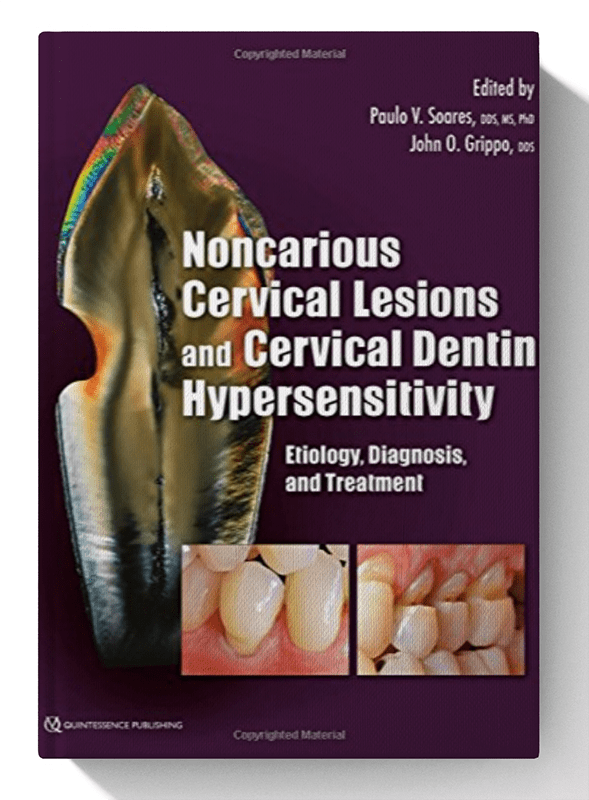
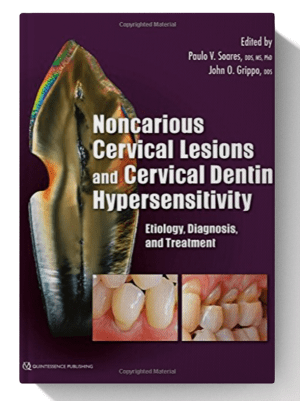
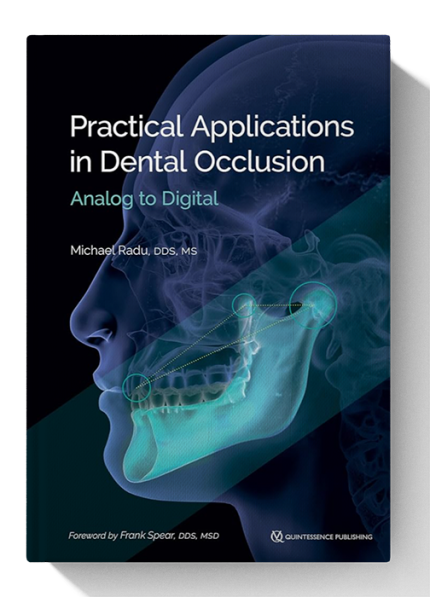
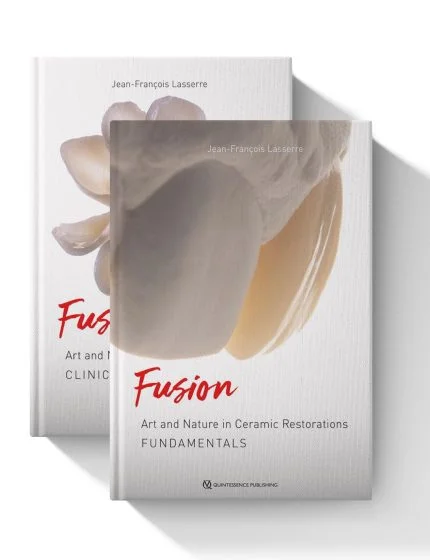
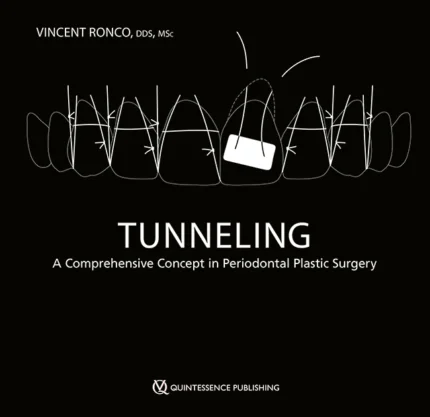
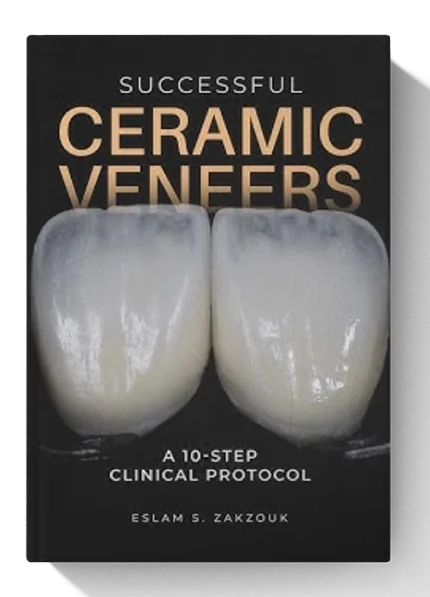
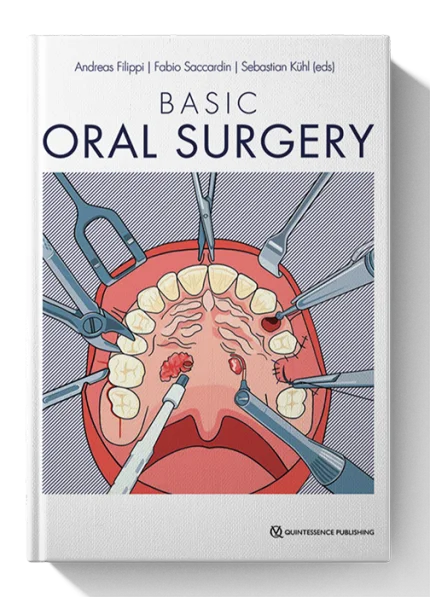
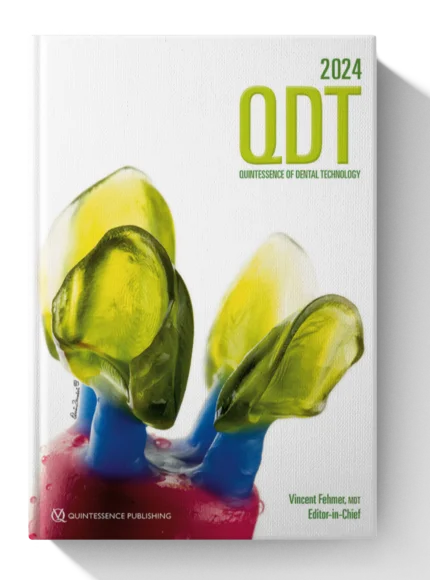
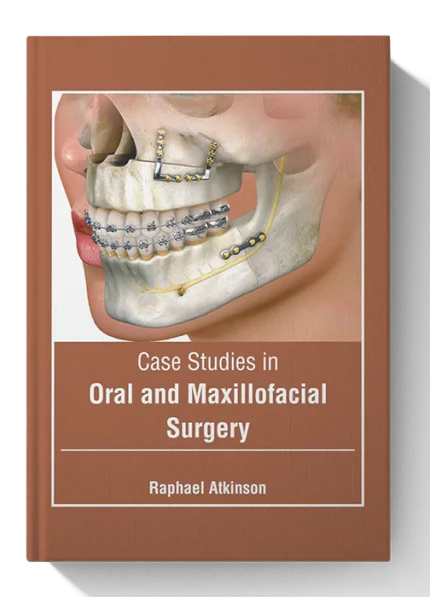
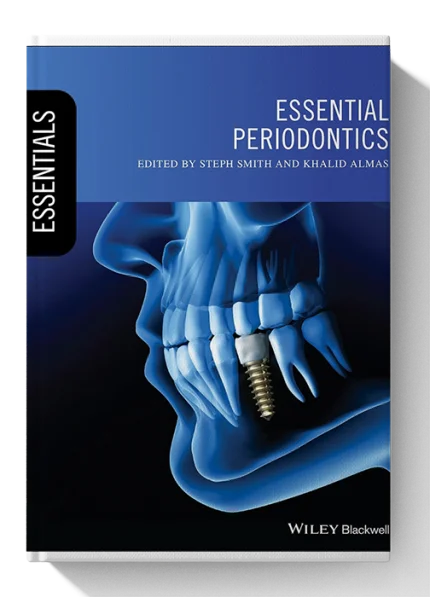
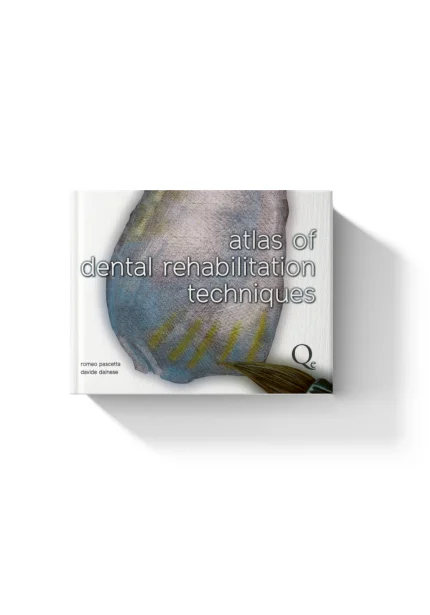
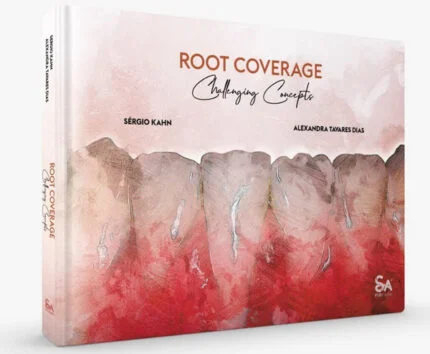

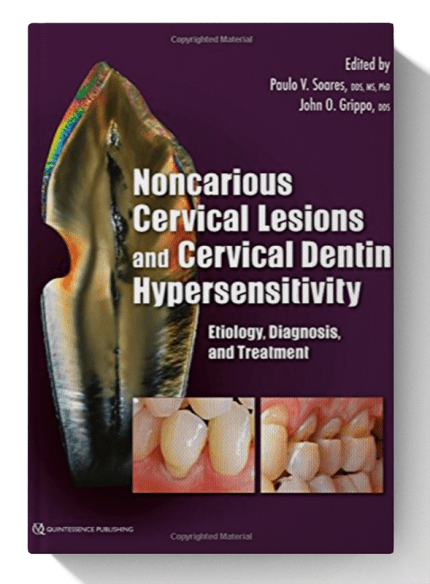
Reviews
There are no reviews yet